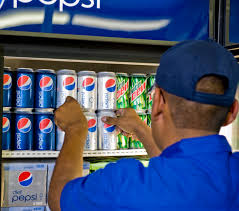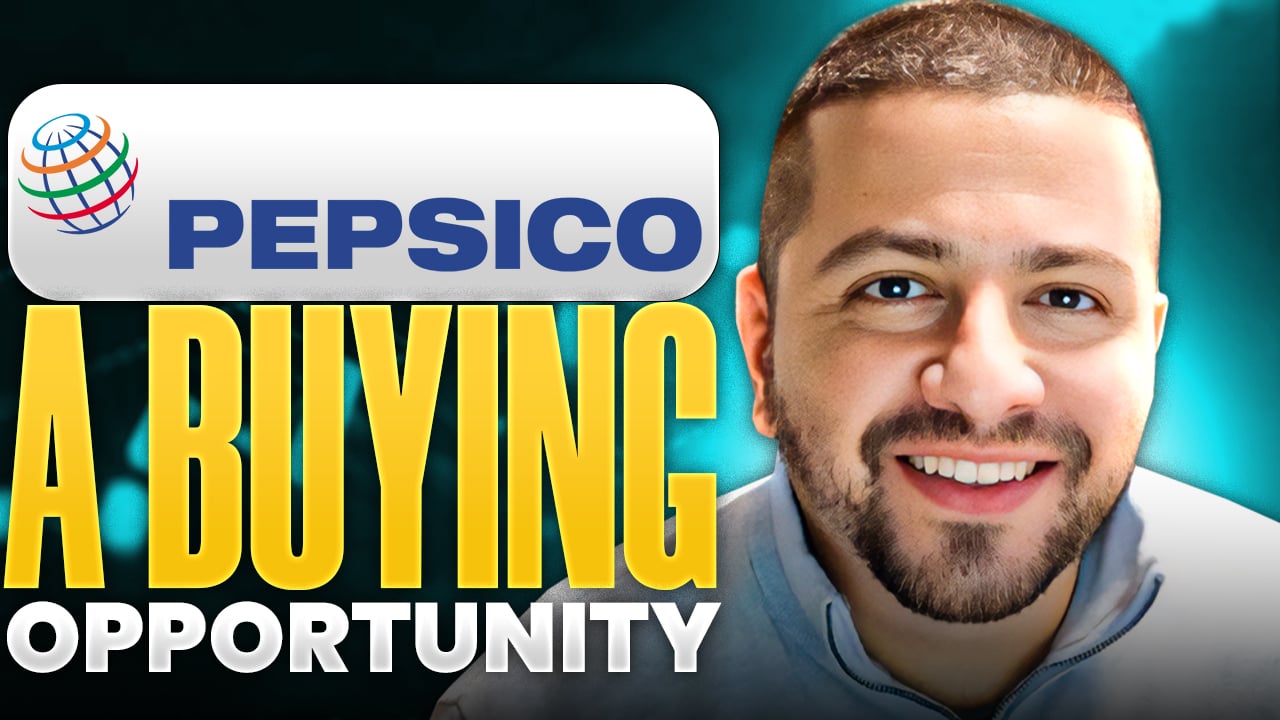PepsiCo (PEP 0.17%) is a highly regarded dividend stock because it has a long track record of rewarding shareholders. In fact, PepsiCo has increased its cash dividend for 42 years in a row. The company can do so because of its massive global footprint and popular food and beverages, which include Frito-Lay, and of course its flagship Pepsi. Put simply, it's a giant in the consumer-goods industry. According to the company, PepsiCo products are enjoyed 1 billion times a day, in more than 200 countries worldwide.
Here are a couple of things you might not know about how PepsiCo has earned its great reputation.
PepsiCo banks on "co-purchases"
You might think that PepsiCo and rival soda giant Coca-Cola Company (KO 0.06%) are about as close to corporate twins as you can get. But that's not exactly the case. Coca-Cola is much more concentrated in sparkling beverages than PepsiCo, which has a diversified product portfolio. PepsiCo's revenue split is about 50-50 between food and beverages, while Coca-Cola derives the vast majority of its revenue from its core beverages, including Coca-Cola and Diet Coke.
Throughout this year, PepsiCo's financial results are much better than Coca-Cola's. Coca-Cola's net revenue was flat last quarter and is down 2% over the first three quarters, year over year. Meanwhile, Coca-Cola's earnings per share fell 13%, although to be fair, a lot of the decline was due to currency effects. Even excluding that, however, the results are unimpressive. Coca-Cola's unit case volume grew just 1% last quarter.
By comparison, PepsiCo's currency-neutral sales grew 3% last quarter, year over year, and currency-neutral earnings per share grew 11%. Plus, PepsiCo raised its full-year forecast to reflect its strengthening momentum. The company now expects 9% earnings growth this year.
If you're wondering how two companies with similar business models could produce such diverging results, the answer lies in PepsiCo's retail strategy. PepsiCo management said in its last conference call with analysts that its core strategy is to leverage its complementary product portfolio to maximize the productivity of its brands. In other words, shoppers tend to purchase multiple PepsiCo items in the same basket. For example, two PepsiCo products that have very high "co-purchase" rates are Mountain Dew and Doritos.
In the United States, over 60% of Mountain Dew households buy Doritos, according to the company, and frequently in the same shopping basket. In fact, the company says co-purchase incidence of PepsiCo's core products is much higher than very commonly co-purchased goods. PepsiCo management presented at a back-to-school conference earlier this year in which it stated that the co-purchase incidence of peanut butter and jelly is 21%. For milk and cereal, it's 43%. For salty snacks and "liquid refreshment beverage" that number stands at 54%. This trend allows PepsiCo to generate higher sales much more efficiently.
Future cash returns could be increased
As PepsiCo increases its size and scale, margins expand, providing for greater and more reliable cash flow. Cash flow will grow even further going forward because PepsiCo is in the process of cutting unnecessary costs. For example, PepsiCo has identified $1 billion in ongoing annual cost synergies thanks to a globally integrated portfolio. Cost savings will come from procurement scale, greater efficiency from long-term research and development, and shared structures between markets. With its cash flow, management has the ability to send more cash back to shareholders. That's what fuels PepsiCo's dividend payments and its share repurchases.
Over the first nine months of the year, PepsiCo returned $6 billion in combined buybacks and dividends. For the full year, management is on track to send a grand total of $8.7 billion back to shareholders, representing a 35% increase in total cash returns versus 2013.
PepsiCo's advantageous business model with complementary products allows for strong cash flow, which the company is committed to returning to shareholders through cash dividends and share repurchases. That's why PepsiCo remains a strong stock.







